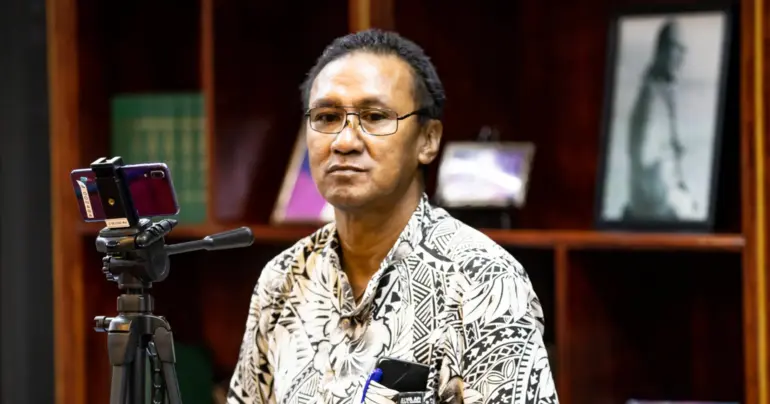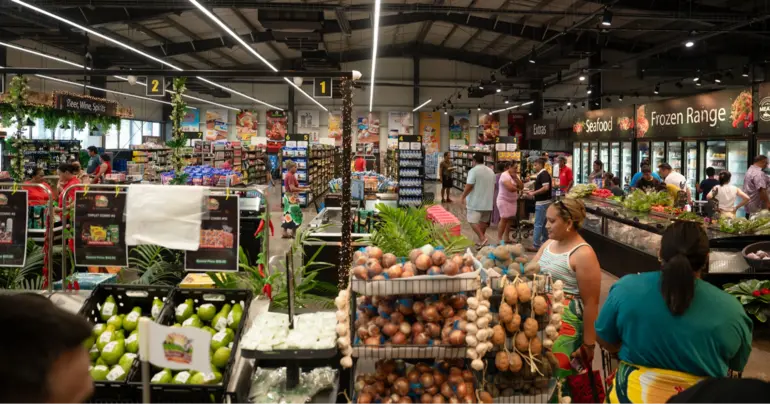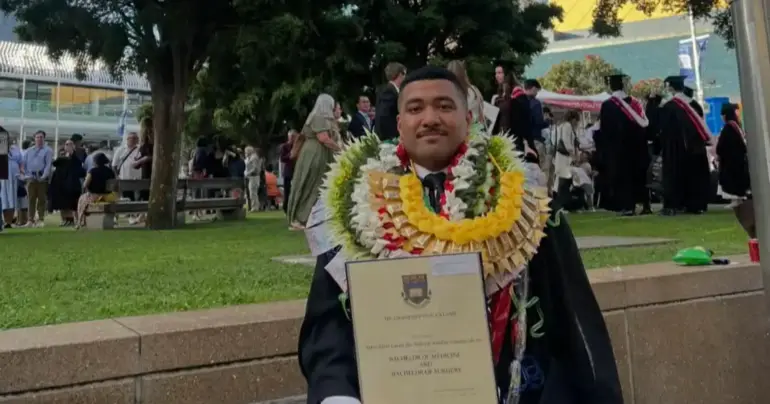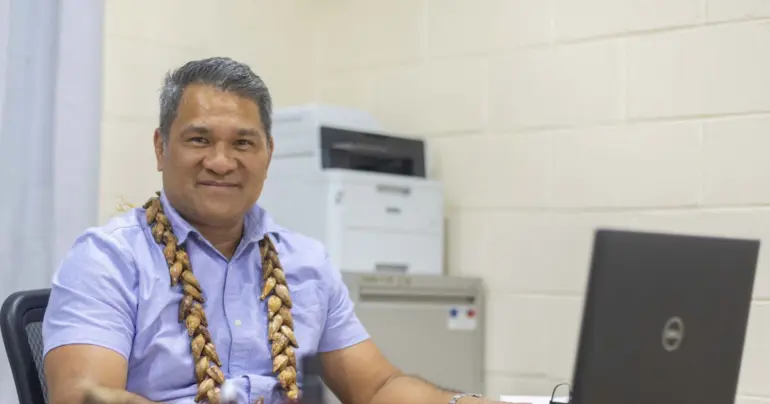Going public about abuse important, but comes with risks
 By Sapeer Mayron
•
19 February 2020, 3:00PM
By Sapeer Mayron
•
19 February 2020, 3:00PM
Going public about domestic violence can help end the silence that so often surrounds abuse in relationships, but it comes with its own risks.
Samoa Victims Support Group President Siliniu Lina Chang said she has mixed feelings about publically opening up and whether it helps or hinders a victim overcoming violence.
Her comments come after several Samoan women, having faced abusive partners and left them, are telling their stories on social media to raise awareness and prove there is support out there.
Grace Finau, an Australian born Samoan, published her testimony on Facebook earlier this month, and this week Samoa Observer published an interview with her as well as excerpts of her post.
Her experience with her ex-fiance included allegedly being slapped repeatedly over household chores or disagreements, and two serious beatings.
Siliniu said for many women, both leaving an abusive home and then revealing the truth to family and friends are immensely difficult things. Then if they do choose to leave, women often fear what comes next.
“It’s very well for people to come and say ‘enough is enough,’ or ‘don’t think about it.’ But no, a lady spent how many years with this person, it’s not that easy just to let go… Sometimes it can take years,” she said.
Social media has been at the heart of a recent wave of victims speaking out about their experiences or abusers joining the Me Too (or #MeToo) movement.
After Hollywood movie mogul Harvey Weinstein was exposed for widespread sexual abuse in October 2017, millions of people began using #MeToo on social media to show they were among the mammoth population of victims of sexual abuse.
For Ms. Finau, Facebook was a medium where she could share her photo and story and found herself flooded with messages of support from family, friends and even strangers.
Social media sites like Facebook can be a useful tool for sharing stories, and exposing violent partners, but Siliniu worries it comes with great risk, in particular to the victim but also to any children they might have.
“People are human, there is always that doubt, and everyone has something to say,” she said.
“You go up there, you talk about it, there are so many accusers… some will say you are right, others will say you are not. Then that person is the one who carries the burden.”
Young children, who may be too young to understand their parent’s decision or challenges with their abusive partner are unlikely to understand what is happened and think they are being asked to pick a side, something Siliniu says is hard for a child.
She worries with the very public nature of social media, children could be subject to “finger-pointing” at school.
Ms. Finau said she was worried about being judged by her friends and family – for being with an abusive person, for staying with him, or for leaving him. But when she finally confided in her family, and later in her wider social network, she found the opposite was true, she said.
“Some of my best friends said to me they couldn’t believe I thought they would judge me over something like this.
“At the time, when it happened, when we were together, he made me feel like my family didn’t care about me, and my friends are not my friends.”
Siliniu said the biggest challenge for women facing domestic violence is choosing for themselves to leave. Over the years, the Samoa Victims Support Group has found over and over that if the help is not wanted, the situation quickly turns sour.
“We don’t force anything on anybody,” Siliniu said. “If you don’t want help, we cannot offer so much.”
It is one of the reasons the organisation advocates strongly for women to be educated and have financial independence, so they have the tools to live comfortably if they do make the step to leave an abusive partner. Without those tools, many women feel dependent on, or bound to their partner.
“If you do not have that education behind you, it’s not easy. You think of yourself, you think of the children, especially us here in Samoa.”
Overseas, people are asking the question if publically sharing stories of abuse and rape help or hurt survivors.
In a 2018 article in Glamour, Harvard psychologist Dr. Karestan Chase Koenen said that while sharing ones story gives a survivor back some of the power their abuser took from them, putting it on the internet means it loses some of that power too.
“Assault takes a person’s control and power away, and it should be in someone’s own power and control to tell their story, and I don’t think they’re under any obligation,” Dr. Koenen said.
 By Sapeer Mayron
•
19 February 2020, 3:00PM
By Sapeer Mayron
•
19 February 2020, 3:00PM











